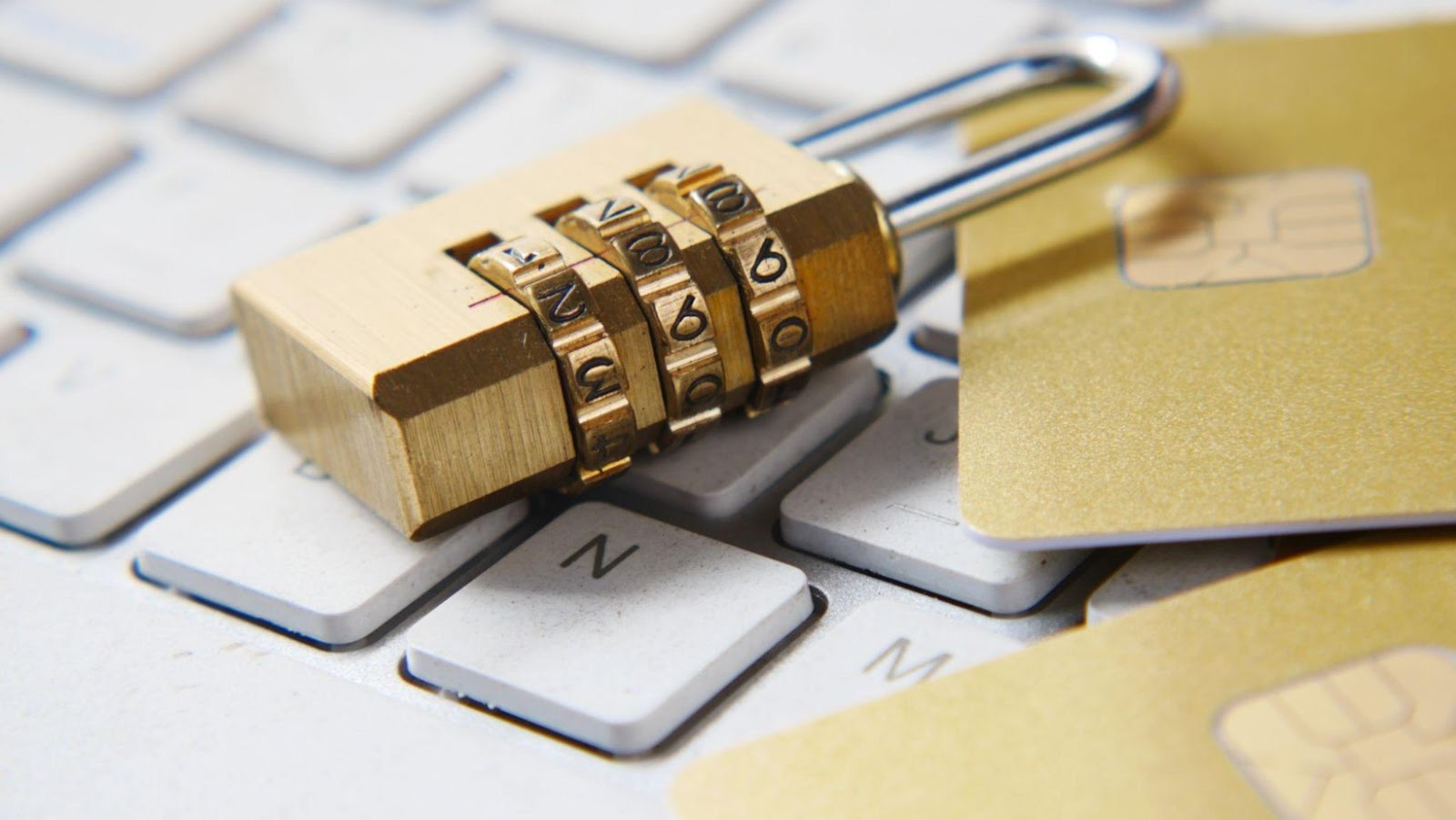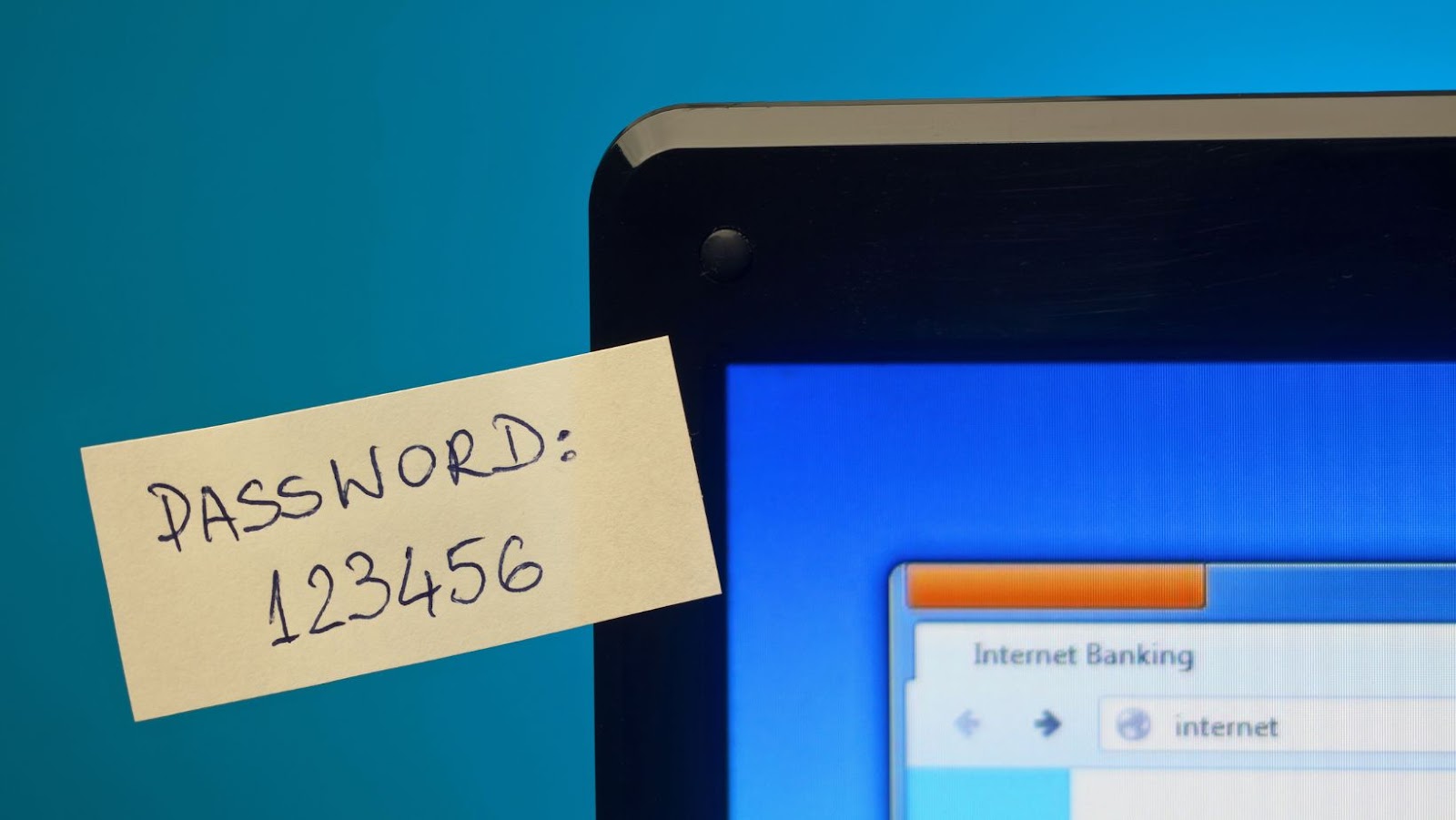As we enter the digital age, passwords have become an essential part of our lives. Especially when the pandemic hit, almost all activities were done virtually. From meetings to transactions to groceries, the internet became the avenue to conduct our businesses. As such, it is important, as ever, to make sure that all passwords you use in your apps and websites are secure. This is to avoid cyberattacks. Whether you’re a pro gamer or you only peruse the internet for basic tasks, staying safe should always be a priority. Read on to learn more about how to protect your password.
Keep Your Password to Yourself
Treat your online passwords like how you would treat your ATM password. Never share it with others! Your online credentials give you access to information that you store online. So, if someone else knows these, then your information would be compromised. Hackers can use this to take advantage of you. If you ever encounter anyone asking for your password, do not give it, as it may be a scam. Cybercrime techniques are getting better each day, up to the point where they are able to imitate official brands or sites. So it is important to always remember never to share your passwords with anyone.
Each Account Must Have a Different Password
For each website or app that you have, it is a good practice to use different passwords. In the event that a hacker manages to obtain your password, the first thing he will do is try it on different websites or apps. Therefore, if you are using just the same password for the majority of your credentials, then you are in big trouble. Additionally, by using different passwords, you are somehow able to minimize the chances of your other passwords getting compromised.
Make Use of a Password Manager
Many people are hesitant to use different passwords for the reason that they may not remember it all. Using a password manager is useful in this case. Password managers can provide you with complex and unique passwords that you may use.
Don’t worry about forgetting them since a password manager will store the passwords that you use for different websites. Password hero has a good list of the best password managers available right now, which helps you keep track of your passwords.
Never Use Public Computers
Using public computers is very risky nowadays. Here are some things that might happen if you do:
- The person who used it before might have installed malware or other malicious software designed to steal your credentials.
- You might not notice it when someone peeks over your shoulders to view your password.
- Also, you might forget to log out of the computer. If this happens, then the next person will be able to open the websites that you accessed, putting your information at risk.
Regularly Check Password Integrity
It is a good practice to check every now and then if any of your passwords have been compromised. Different web browsers now have extensions where you can check for compromised passwords and emails.
In addition, there are also some websites dedicated to checking password security. Just enter your email address or username, and it will show you if there has been any security breach where your password has been compromised.
Utilize a Secure Password
Creating a secure and unique password lessens the chance of data breaches. Follow these tips for creating a secure password.
- Your password should contain at least 8 characters. More is better.
- You should mix up the characters in your password — lowercase, uppercase, special characters, and numbers.
- It should never contain personal information like your birthday.
- Avoid using your old and current passwords. Mix it up a little, or try using a password generator.


